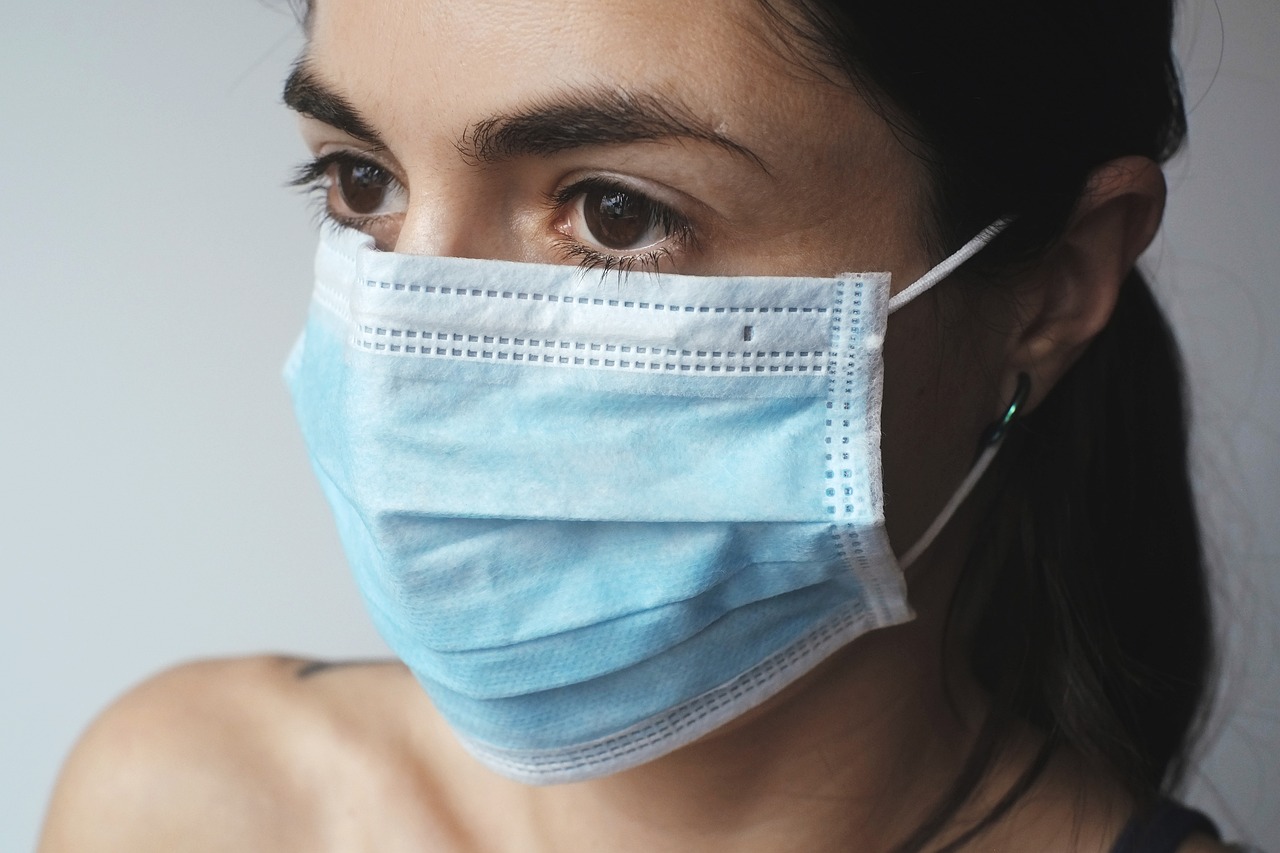The results of a study conducted by the National Center for Public Health and analyzes on the topic "Impact of the covid-19 pandemic on the mental health of the citizens of the Republic of Bulgaria" show a clear increase in the sale of psychotropic medications, including tranquilizers and antidepressants, which have a calming effect, remove anxiety, fear, restlessness and other disorders in the emotional sphere, which indicates hidden illness and general increased anxiety.
The period was marked by an increase in the number of visits to neurologists and psychiatrists.
A clear increase in the cases of domestic violence during the lockdown has also been noticed, as it has a particular impact on children. According to Animus statistics, in 2020, during the lockdown of the national child protection hotline, there was a 150% increase in calls from children, and the number of child victims of sexual abuse increased by 30% over the time of the pandemic.
Last but not least, COVID-19 has also provoked suicidal acts among a number of young people. Among the possible causes are the increase in domestic violence and increased alcohol consumption.
To a certain extent, we can say that this is also due to the infodemic, since the availability of too much information on the covid problem made it much more difficult to find adequate solutions and caused destructive actions among a certain part of the population.
Teenagers demonstrate responsibility in their behavior despite the anger experienced by the foreclosures. According to them, the situation is not as dangerous as it is made out to be and that there is significant media overexposure. This general attitude underlies the emotions experienced and the choice of coping strategies, the sharing of conspiracy theories, and the disposition to recognize and share fake news.
Here are some of the most important takeaways regarding teenagers and how they are coping with the pandemic:
- The activities that bring balance to teenagers are online communication, communication with loved ones and activities that give meaning to their daily life - finding fun in contrast to the leading place of boredom and monotony.
- A very interesting point is being observed regarding the sharing of conspiracy theories. Teenagers tend to share those that are closer to them and be reserved about those that do not fit into their everyday perspective - for example, that the 5G network has an impact on covid-19.
- Sharing fake news and conspiracy theories is a particularly important topic among teenagers given their personal belief in the correctness of their opinion, which puts them at greater risk. It is important to avoid information and actions that give rise to doubts and contradictions and thus become a fertile environment for the search for alternative explanatory models.
- In the emergency situation, teenagers experience much more negative emotions: boredom, irritation, loneliness, fear and anxiety, anger, disappointments, pessimism and irony, uselessness and helplessness compared to normal everyday life.
- The main perceived lack for teenagers in emergency situations is friends and going out, which are related to communication and getting to know the world.
- The general trend shows that in a crisis situation, teenagers show a preference for official Bulgarian sources of information and for following officially disclosed data.




